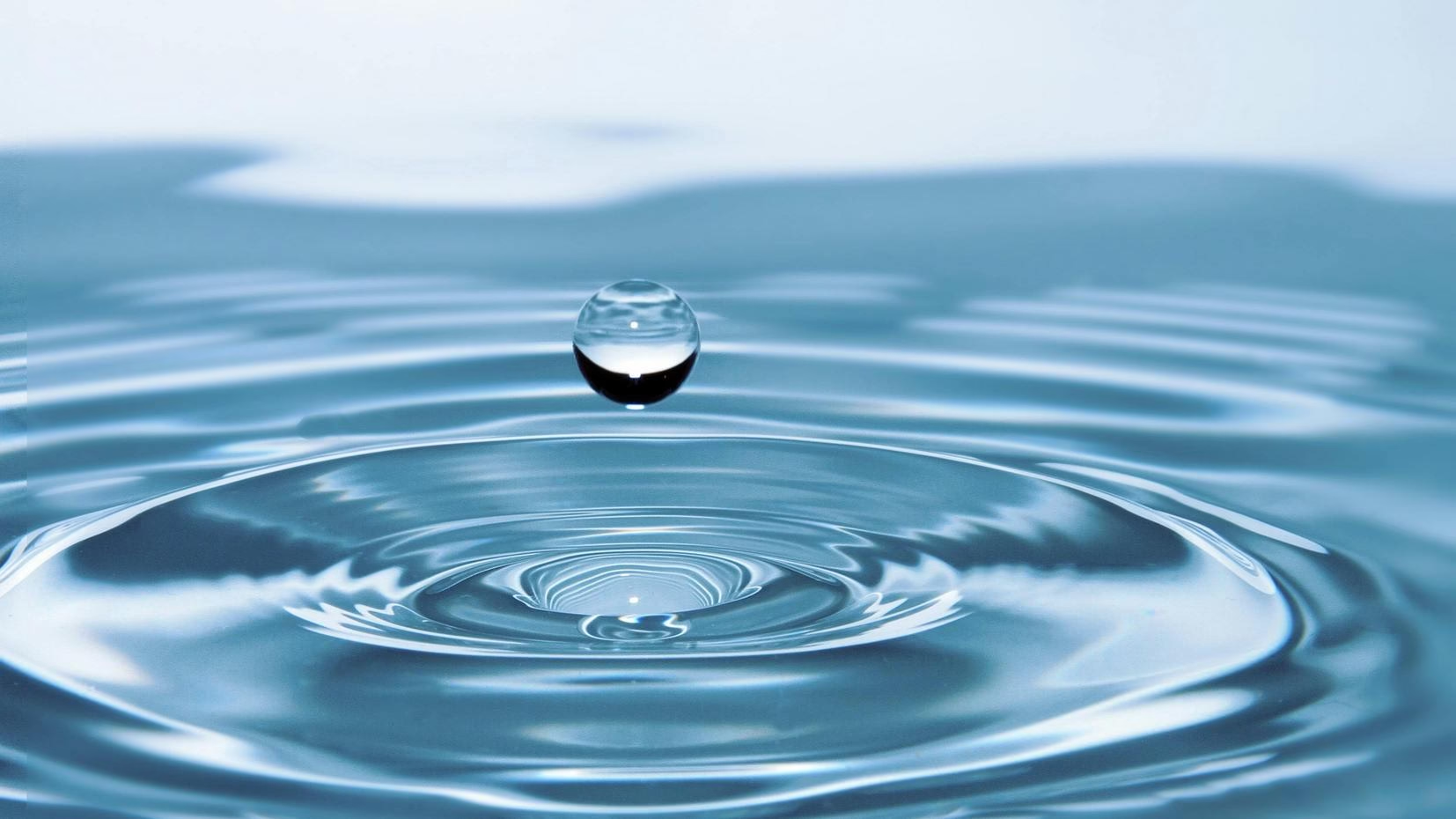Discover simple and accurate ways to test your home’s water hardness. Learn DIY methods, test kits, and professional options to identify hard water and choose the best solution.
Table of Contents
Introduction
Have you seen white spots on your dishes? Soap scum in the shower? Or chalky buildup on your faucets? These are signs of hard water. Many homes have this issue. Hard water is not a health risk. But it can harm your appliances, clog pipes, and make soap less effective. It can even bother your skin and hair.
The good news? Testing your water is easy. You can try simple home tests or use test kits. You can also get a pro to check it. This guide will show you how to test your water, understand the results, and pick the best fix for your home.
Once you know your water hardness, you can decide between a whole house water filter vs a water softener.
What is Hard Water?
Hard water has a lot of calcium and magnesium in it. These minerals get into the water from the ground.
- How Hardness is Measured:
- Grains per gallon (gpg)
- Parts per million (ppm)
- Hardness Levels:
- Soft: 0–3 gpg (0–50 ppm)
- A bit hard: 3–7 gpg (50–120 ppm)
- Hard: 7–10 gpg (120–180 ppm)
- Very hard: Over 10 gpg (over 180 ppm)
Knowing your water’s hardness helps you decide if you need a water softener or a filter.

Why Test Your Water?
Save Your Pipes and Appliances
Minerals can clog pipes. They make your water heater work less well. They can harm your dishwasher, washing machine, and coffee maker.
Use Less Soap and Detergent
Hard water makes soap less bubbly. You end up using more soap to get things clean.
Be Kind to Your Skin and Hair
Soft water rinses off better. This can mean less dry skin and shinier hair.
Pick the Right Solution
A water test tells you if you need a water softener or a whole-house filter.
Shopping Amazon Today? Please use this Amazon Referral Link to help support this site running while you shop!
Easy Ways to Test Water at Home
The Soap Test
What to do:
- Fill a clear bottle halfway with water from your tap.
- Add about 10 drops of pure liquid soap.
- Shake the bottle hard.
- Soft water: You will see many bubbles and clear water.
- Hard water: You will see few bubbles and the water will look cloudy.
Good: It is free and fast.
Not so good: It is not very exact.
The Boil Test
- Boil some tap water in a pot.
- Let it cool down.
- Look for white chalky stuff in the pot.
If you see it: That means you have hard water.
Note: This does not tell you how hard the water is.
Test Strips
You can buy these online or at a store.
Dip the strip in water. Match the color to a chart.
Cost: \$5 to \$15.
How good are they? Good for home use. They give you a number for hardness.
Digital Testers
These are small electronic tools.
They measure minerals in the water.
They give a number fast.
Cost: \$20 to \$60.
Good: More exact than strips.
Not so good: They measure all minerals, not just the ones that make water hard.
Professional Water Tests
For the best results, get a pro test.
Your Choices:
- Check your town’s water report.
- Send a water sample to a lab.
Why It’s Good:
- It finds more than just hardness. It can find lead or bacteria.
- It helps you plan for safe water long-term.
Cost:
- Lab tests cost \$30 to \$150.
What Your Test Results Mean
Soft (0–3 gpg / less than 50 ppm)
Your water is fine. You do not need to do anything.
A Bit Hard (3–7 gpg / 50–120 ppm)
You might see some scale or soap problems.
Hard (7–10 gpg / 120–180 ppm)
Scale buildup is likely. Your appliances could be harmed.
Very Hard (over 10 gpg / over 180 ppm)
This can hurt your pipes and machines. You should think about a water softener now.
Next Steps After Your Test
Quick Fixes
- Shower filter: Helps with scale and chlorine.
- Bottled water: Good for drinking if your tap water tastes bad.
Long-Term Fixes
- Water softener: Swaps hard minerals for sodium or potassium.
- Whole-house filter: Makes water taste better and removes bad stuff.
- Reverse Osmosis (RO): Makes very pure drinking water.
FAQs
Q1: How can I test water hardness without a kit?
Try the soap test or the boil test. They show if water is hard but not how hard.
Q2: Is hard water safe to drink?
Yes. It is safe. But it can cause problems for your home.
Q3: Does boiling water make it soft?
Boiling removes some hardness but not all of it.
Q4: What is the best water hardness for a home?
Aim for less than 3 gpg (50 ppm).
Q5: When do I need a water softener?
If your water is over 7 gpg (120 ppm) and you see scale or soap issues, you should get one.
Conclusion
Testing your water is a simple but important task. You can try a free home test or use a kit. Knowing your water quality helps your appliances last longer and makes your life better. Start with a simple test. Then, see if you need a long-term fix like a water softener or a filter. Your home and your wallet will be glad you did.
Related Keyword:
- how to test water hardness
- how to test water hardness at home
- how to test the hardness of water at home
- how to test for water hardness
- how to do a water hardness test
- how to perform water hardness test
- how to test how hard your water is
- how do i test the hardness of my water
- how to test water hardness without kit
- how to test water hardness without test strips
- how to test water hardness with strip
- how to read a water hardness test strip
- how to use water hardness test strips
- how to use water hardness test kit
- how to test water hardness with kit
- how to test water hardness with soap
- how to test water hardness with tds meter
- how to measure water hardness with tds
- how to test water hardness with which meters
- how to test water hardness which meter
- how to test water hardness meter
- how to test water hardness level
- how to determine water hardness level
- how to determine water hardness number
- how to measure water hardness at home
- how to measure water hardness level
- how to test water hardness ppm
- how to test water hardness gpg
- how to measure water hardness grains
- how to test grains of hardness in water
- how to accurately test water hardness
- water hardness test chart
- how to test water hardness for water softener
- how to test water softener hardness
- how to test water hardness for coffee machine
- how to test water hardness for coffee
- how to test water hardness for dishwasher
- how to test water hardness for aquarium
- how to test water hardness in aquarium
- how to test water hardness fish tank
- how to measure water hardness aquarium
- how to test pool water for calcium hardness
- how to test for calcium hardness in pool water
- how to test pool water hardness
- how to test hot tub water hardness
- how to test well water hardness
- how to test my well water for hardness
- how to test tap water for hardness
- how to test your tap water for hardness
- how to test water hardness in lab
- where can i get my water tested for hardness
- test water hardness near me
- how to check water hardness in my area
- how to check my water hardness level
- how to test total hardness of water
- how to test general hardness of water
- how to test calcium hardness in water

